Entry Category: Media - Starting with D
Daily Citizen (Searcy)
Daily Picayune
Daily Record (Little Rock) [Newspaper]
Daily Siftings Herald (Arkadelphia)
Daily Soliphone
Danley, Christopher Columbus
Das Arkansas Echo
aka: Arkansas Echo
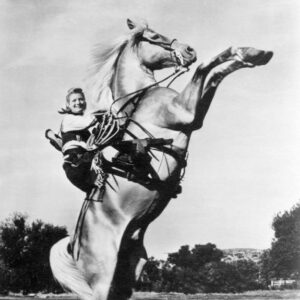 Gail Davis
Gail Davis
Davis, Gail
aka: Betty Jeanne Grayson
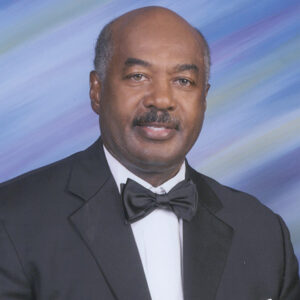 Gregory Davis
Gregory Davis
Davis, Gregory A.
 Joan Davis
Joan Davis
Day It Came to Earth, The
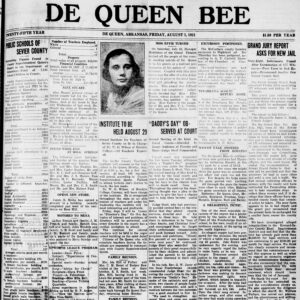 De Queen Bee
De Queen Bee
De Queen Bee
Dean, “Dizzy”
aka: Jay Hanna Dean
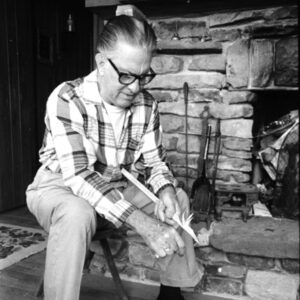 Ernie Deane
Ernie Deane
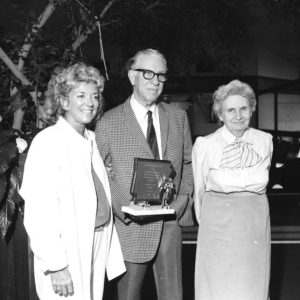 Ernie Deane
Ernie Deane
Deane, Ernie
aka: Ernest Cecil Deane
Dearmore, Thomas Lee (Tom)
Death Stalks the Big Top [Murder, She Wrote Episode]
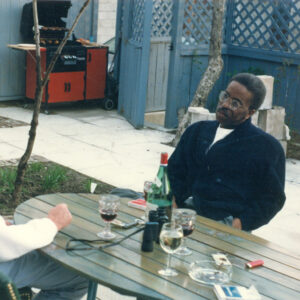 Herbert Denton Jr.
Herbert Denton Jr.
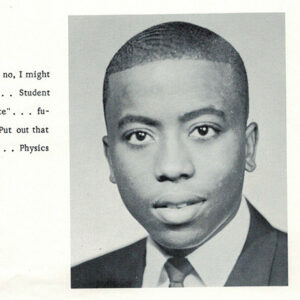 Herbert Denton Jr.
Herbert Denton Jr.
Denton, Herbert Jr.
 Herbert Denton Jr.
Herbert Denton Jr.
Dermott News
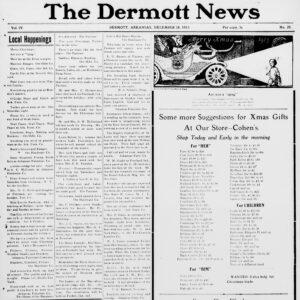 Dermott News
Dermott News
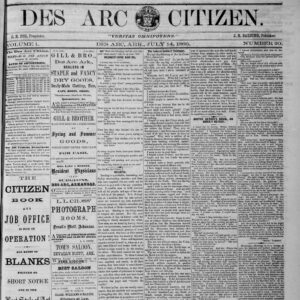 Des Arc Citizen
Des Arc Citizen
Devil’s Knot
Dexter, Maury
aka: Morris Gene Poindexter
Dhonau, Jerry Franklin
Dial, Rick
Dickey, Ben
 Ben Dickey
Ben Dickey
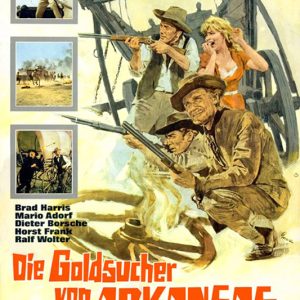 Die Goldsucher von Arkansas
Die Goldsucher von Arkansas
Die Goldsucher von Arkansas
aka: Massacre at Marble City
aka: Conquerors of Arkansas
Dillon, Melinda Ruth
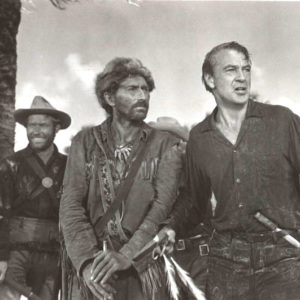 Distant Drums
Distant Drums
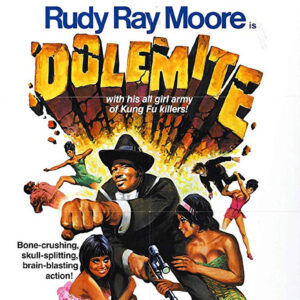 Dolemite Poster
Dolemite Poster
Douthit, George Clinton
Down in “Arkansaw”
 Duggar Campaign
Duggar Campaign
Duggar Family
aka: 19 and Counting [Television Show]
aka: Counting On [Television Show]
 Josh Duggar Mugshot
Josh Duggar Mugshot
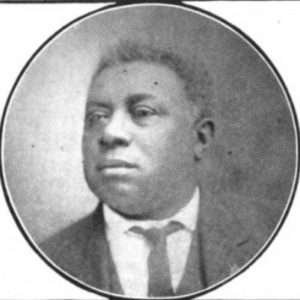 J. C. Duke
J. C. Duke
Dumas, Ernest Clifton (Ernie)
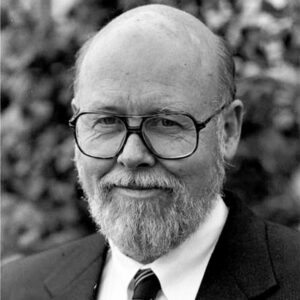 Ernie Dumas
Ernie Dumas
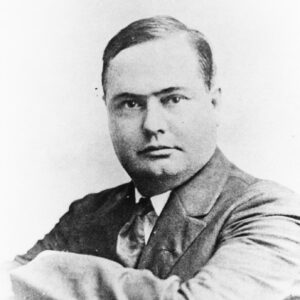 Louis S. Dunaway
Louis S. Dunaway




